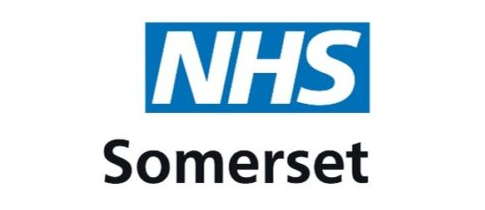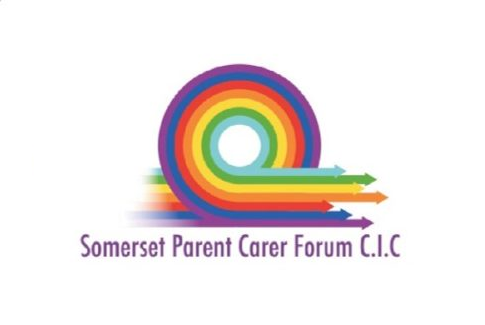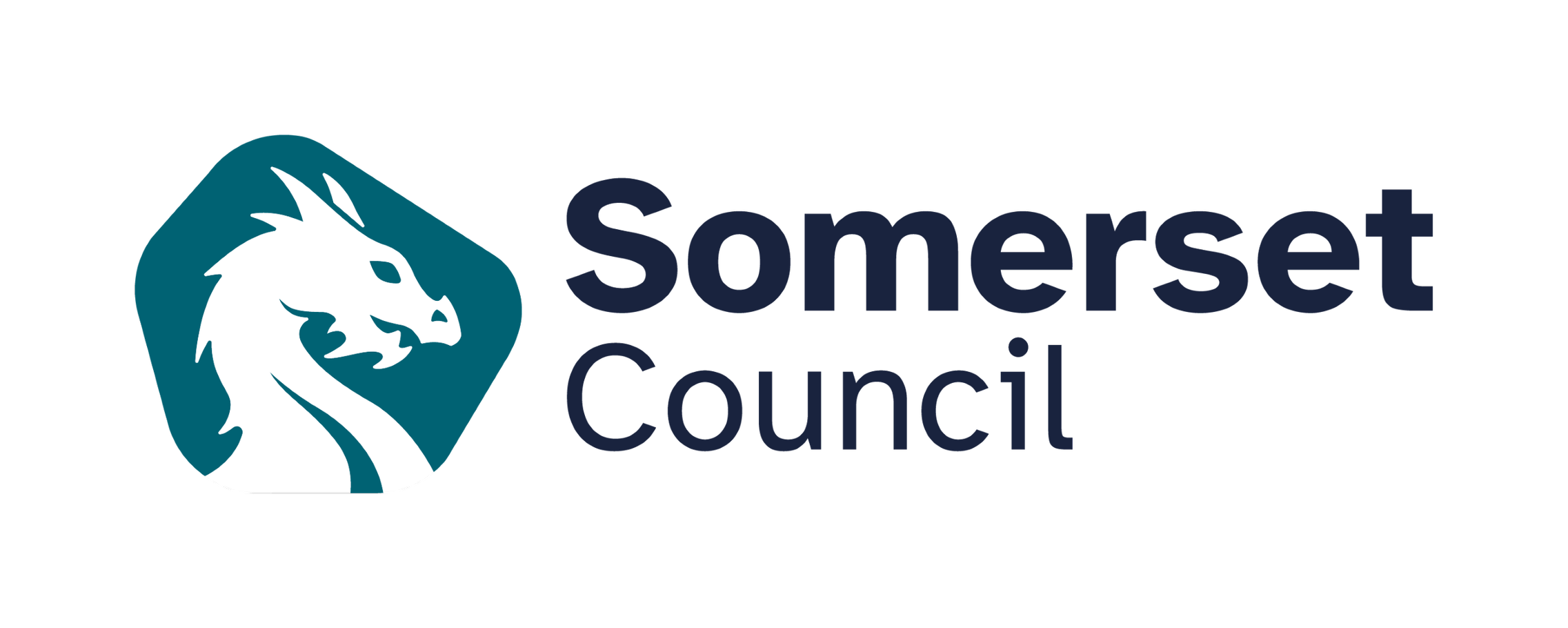About support in Somerset
In Somerset, professionals in education, health and care — along with parent carers, children and young people — all agree that support should be in place before any formal assessment is considered.
The support and services available for many children may not change following a diagnosis, as support is led by the child’s needs regardless of a diagnosis. Often, the right help and adjustments are already be in place before a diagnosis is made.
This information should be read alongside the Support at the Earliest Opportunity page.
The support available recognises that each child’s needs are different, and the help they get will vary depending on their strengths and needs. This can also change based on their age and stage of development.
What schools can offer
Schools and parent carers can access ADHD training with Educational Psychology. This training explains what ADHD is as well as what it is not. It looks at differences and gives practical tips to help children and young people with ADHD.
You can also learn about the strategies being used by schools to develop inclusive environments on the Autism in Schools, Partnerships for Inclusion of Neurodiversity in Schools, and The SCERTS model pages.
Other support
Services that also support neurodiverse children and young people include:
- Children and Young People’s Neurodevelopmental Partnership
- Portage
- Early Years SENCO
- Educational Psychology Service (EPS)
- Transition Worker Virtual School (previously known as Children’s Autism Outreach Team (CAOT))
- Children with Disabilities Service (CwD)
- Family Intervention Service (FIS)
- Autism Friendly Libraries and The Autism Collection
- Somerset Parent Carer Forum (SPCF)
- Young Somerset
- SENDIAS
- Dynamic Support Register and Care Education and Treatment Reviews
- Somerset Autism Spectrum Service (adults)
- Somerset Adult ADHD Service
You can also find support from the following groups and charities focussing on neurodivergence:
- Autism Central
- NeuroConnect
- ADHD Somerset (Yeovil and Taunton)
- Coffee, Chat and Support (Taunton)
- Neurodiverse Frome (previously called Frome Autism and ADHD Parent Forum)
The CYPNP summarise these services and other national resources by area of need as described in our supporting neurodivergence at the earliest opportunity page.
Books and videos recommendations
Books and videos can be really helpful tools to learn more about neurodiversity. They can be looked at with your young person and explored together.
Many of the books suggested can be accessed for free from several places:
- Somerset Parent Carer Forum holds a library of nearly 100 resource books, videos and games that are loaned to parent carers, their families and practitioners free of charge.
- Somerset Libraries Neurodiversity Collection includes 50 books and aims to provide ‘something for everyone’ including books for children, young people, adults, parents, women and those without an official diagnosis but who experience neurodivergent traits. Books have a longer six-week loan period and there are no late fees payable on them.
- Cerebra specialist postal library and online borrowbox library contains a wide range of books for both adults and children. The service is free for anyone in the UK caring for a child with a brain condition.





